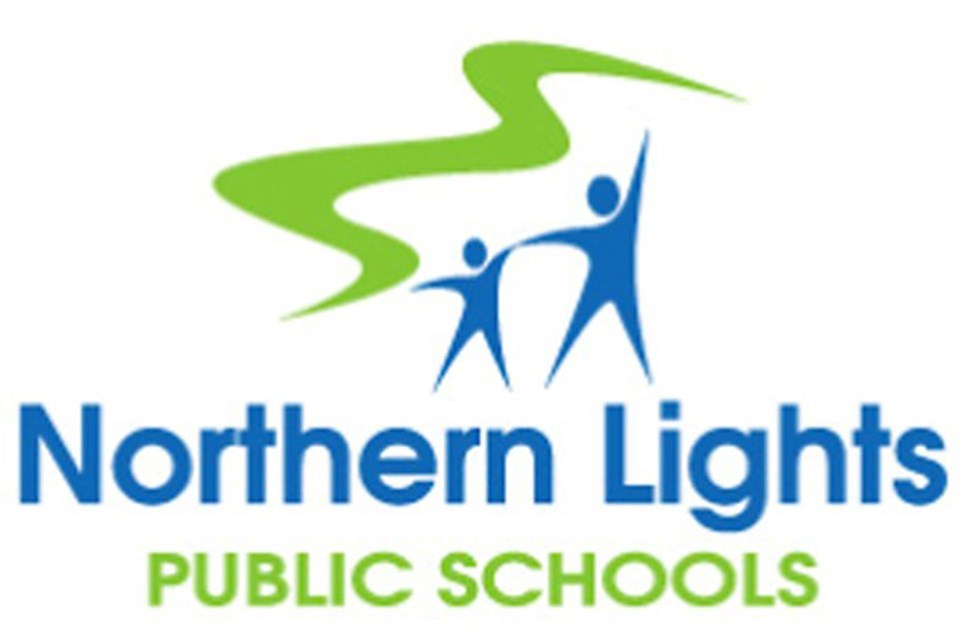LAKELAND – The Northern Lights Public School board meeting on Aug. 25 sparked discussion over the province’s new ministerial order on the selection, availability, and access of school library materials.
With deadlines looming for schools to review and remove books, trustees and administrators debated the workload, fairness, and governance issues surrounding the directive.
Board Chair Karen Packard noted the timing of government announcements, saying, “I noticed in my notes in September last year, I said, ‘Do we need to address the amount of announcements that occurred over the summer?’ And . . . this year, I have the same notes.”
She highlighted the key dates set by the province.
“So, by Oct. 1, any school or classroom library materials with sexually explicit content must be removed. And then by Jan. 1, there's a couple of other steps . . . policies and procedures must be in place and publicly available as well by Jan. 1.”
Trustees raised questions about the interpretation of the order.
Board Trustee Mandi Skogen asked, “Are there going to be a lot of novels that are pulled from the shelves that have historically been in school libraries?” She also questioned why religious texts were exempt, saying, “Why is that OK? To see that, but [the material is] not OK in another non-fiction or fiction [book]?”
Vice Chair Cheryl Edwards replied that she believes it is simply because the minister was “not touching religious [material] period.”
Edwards added that removing explicit material by September should be minimal work since school libraries rarely contain it but warned that reviewing less explicit books and teachers’ classroom collections would require significant time, manpower, and effort to make lists publicly accessible.
Superintendent Rick Cusson admitted the school division is struggling with how much policy to develop in response to government directives.
“There's a lot of administrative orders, and so I'm not sure if the board wants to have a policy that there are orders in place . . . Now we have ministerial direction or government direction driving procedures.”
He noted that while policies are usually developed with community input, provincial mandates give little flexibility, leaving the board with limited choice in how they respond.
Several trustees expressed frustration at the loss of local control.
“There's been a huge provincialization of governance for school boards, and this is just more of that,” said Packard.
Others pointed out the impact on teachers’ personal book collections.
Board trustee Garry Kissel recalled how when he was a teacher, he “had a wall of books. Hundreds. And good stuff for the kids.”
Trustee Lois Phillips added, “September is not an easy month for adding more stuff.”
Trustee Ron Young echoed concerns about the unnecessary workload.
“In the last 50 years, I am absolutely 100 per cent confident that Scholastic has never published anything that is objectionable . . . So, the idea of having to force all this work on people is crazy,” said Young.
While trustees agreed they would meet the government’s deadlines, the discussion reflected unease about the strain on teachers, and the ongoing erosion of local decision-making in education.



